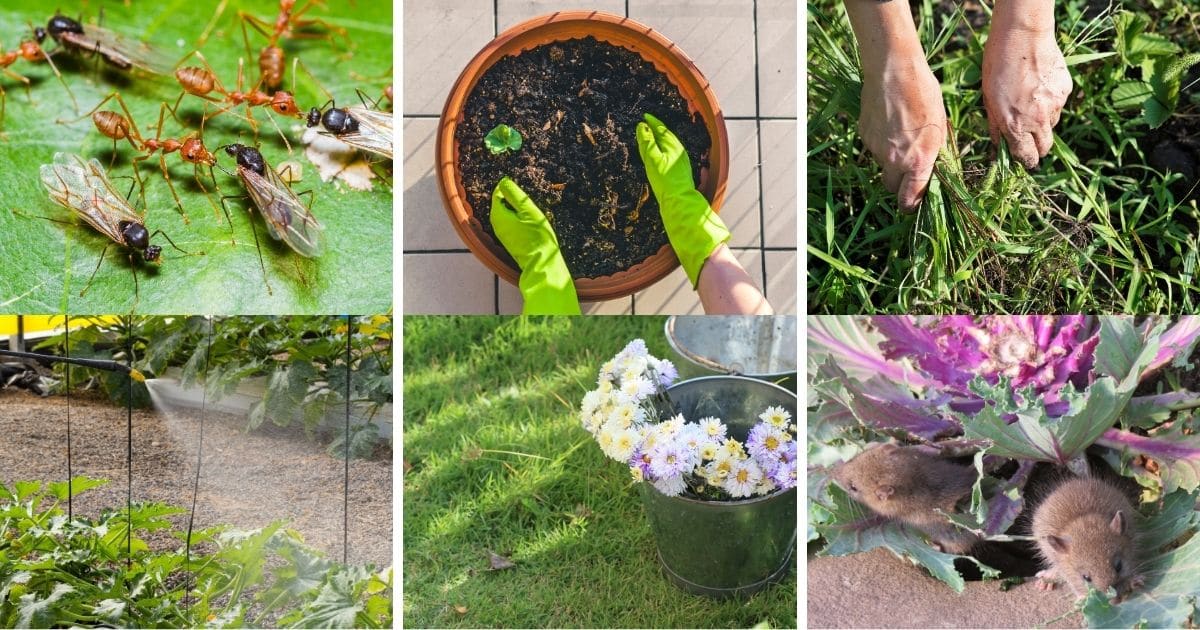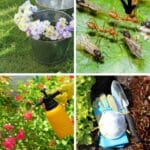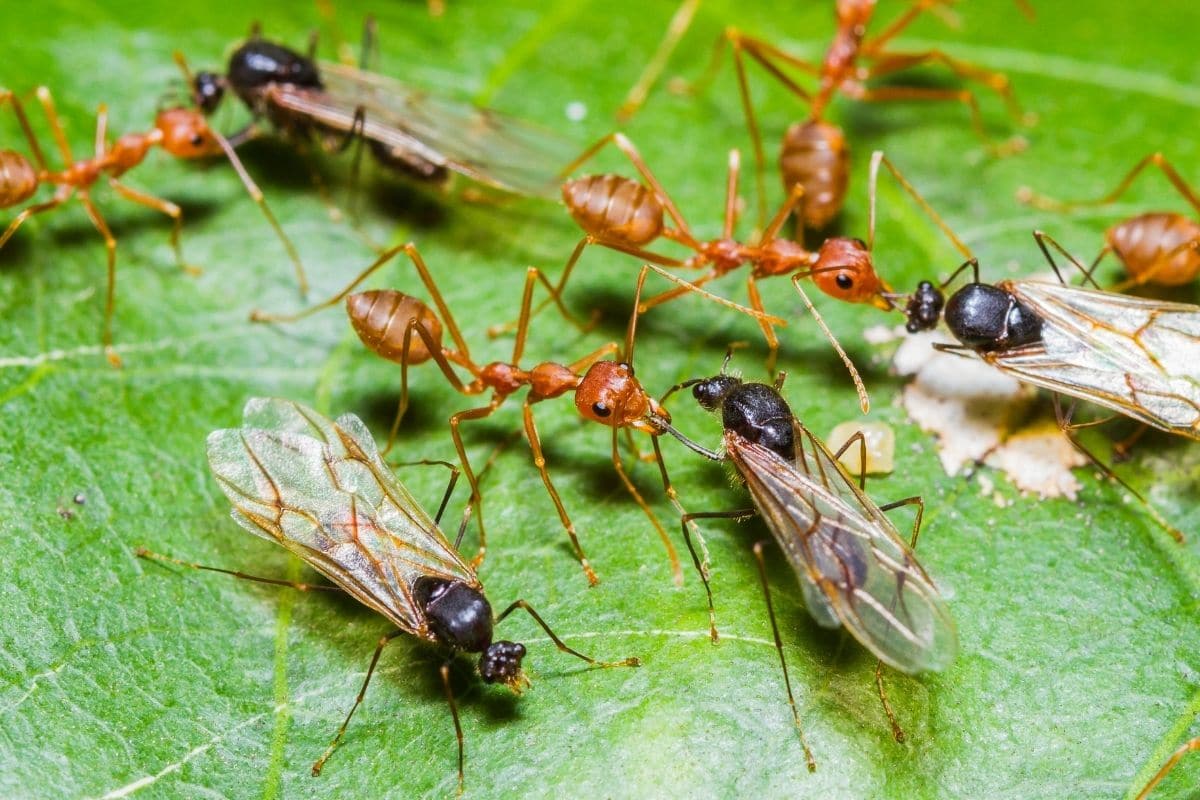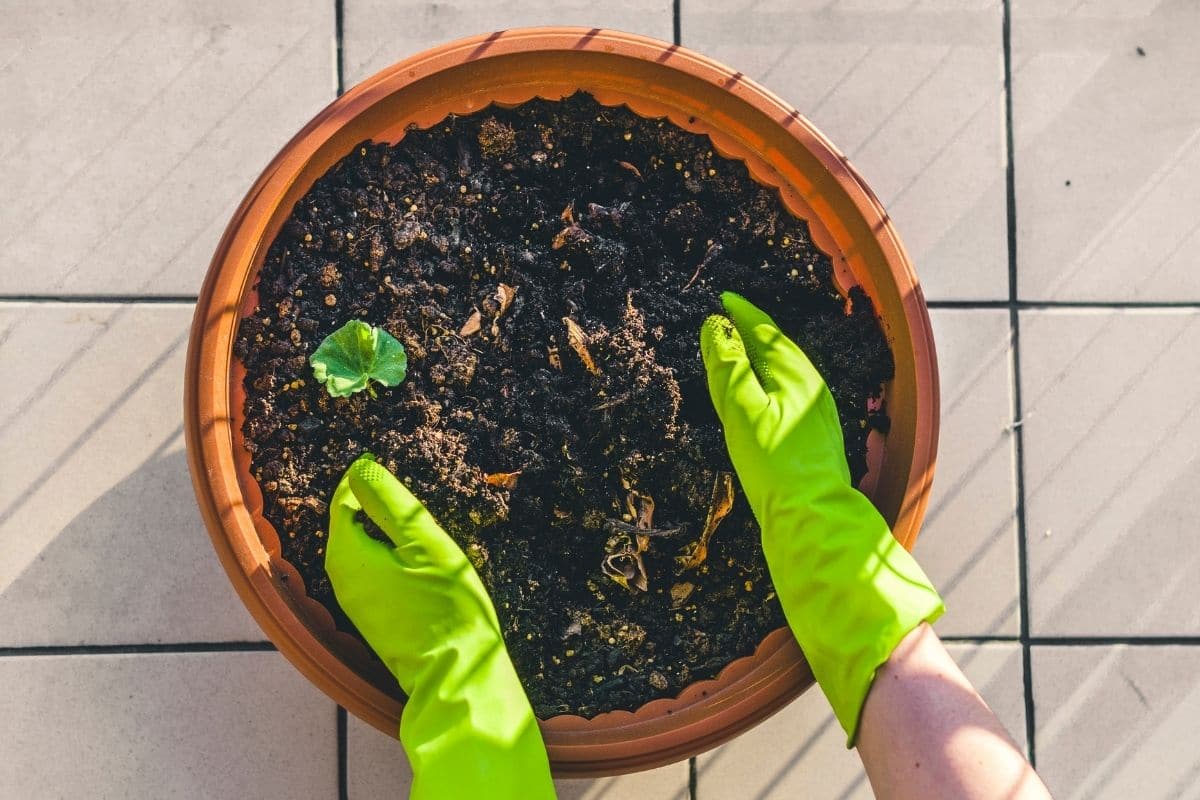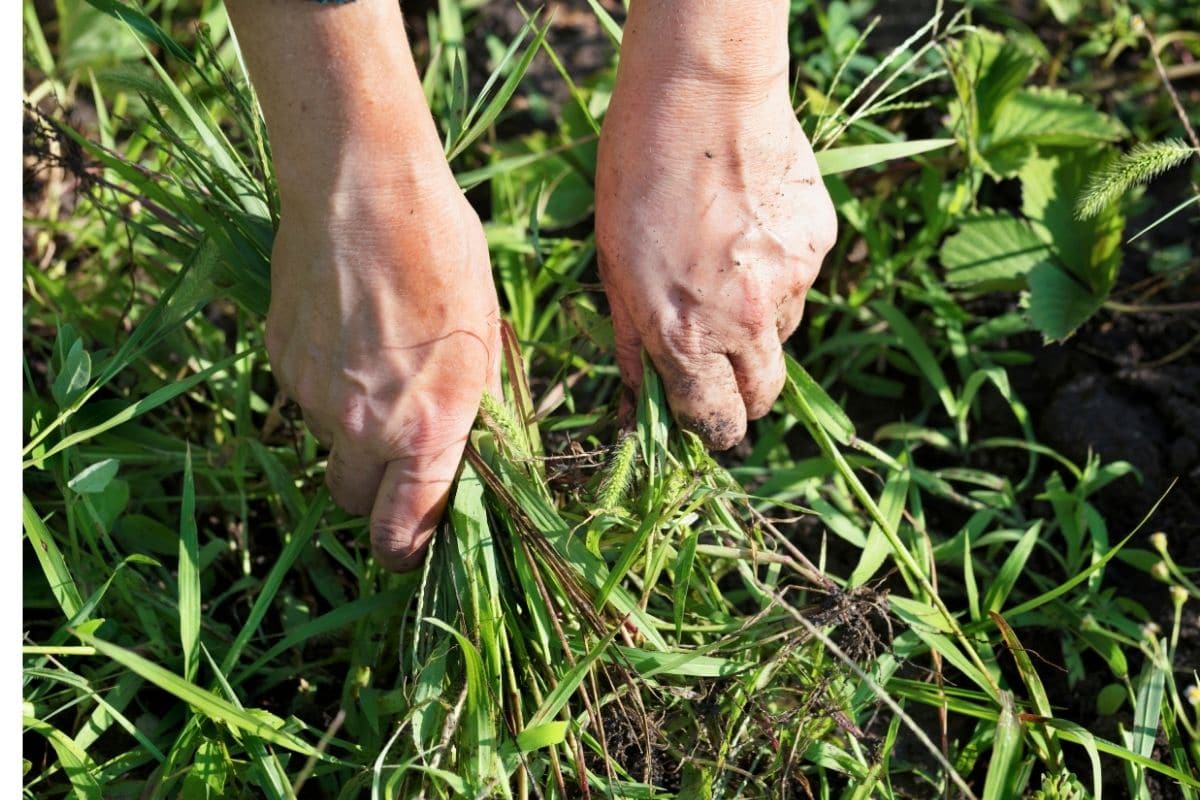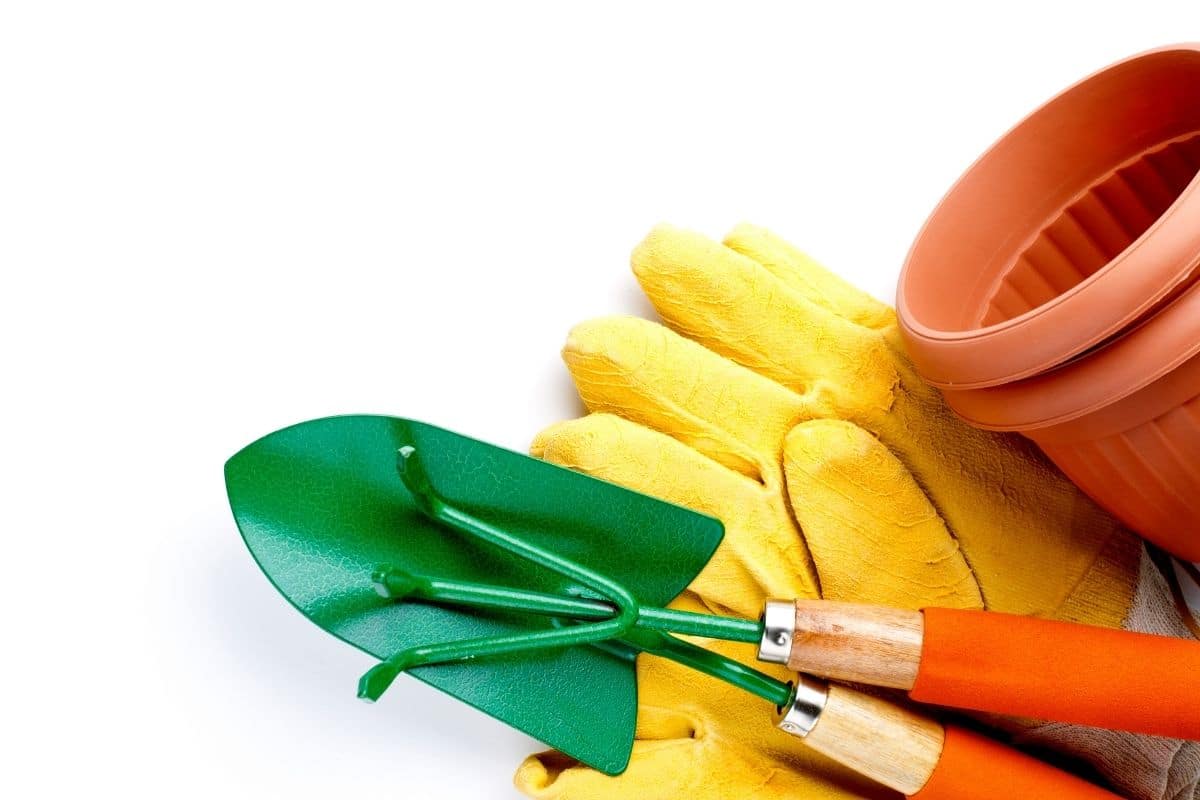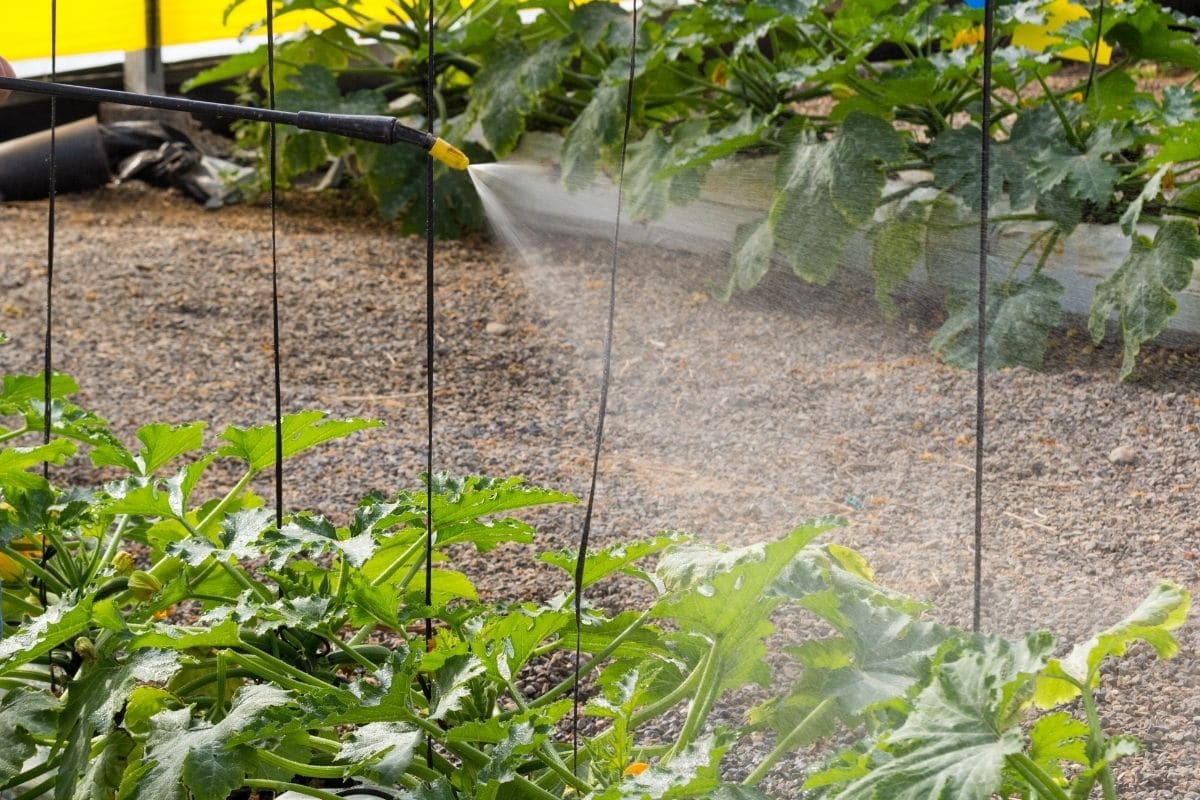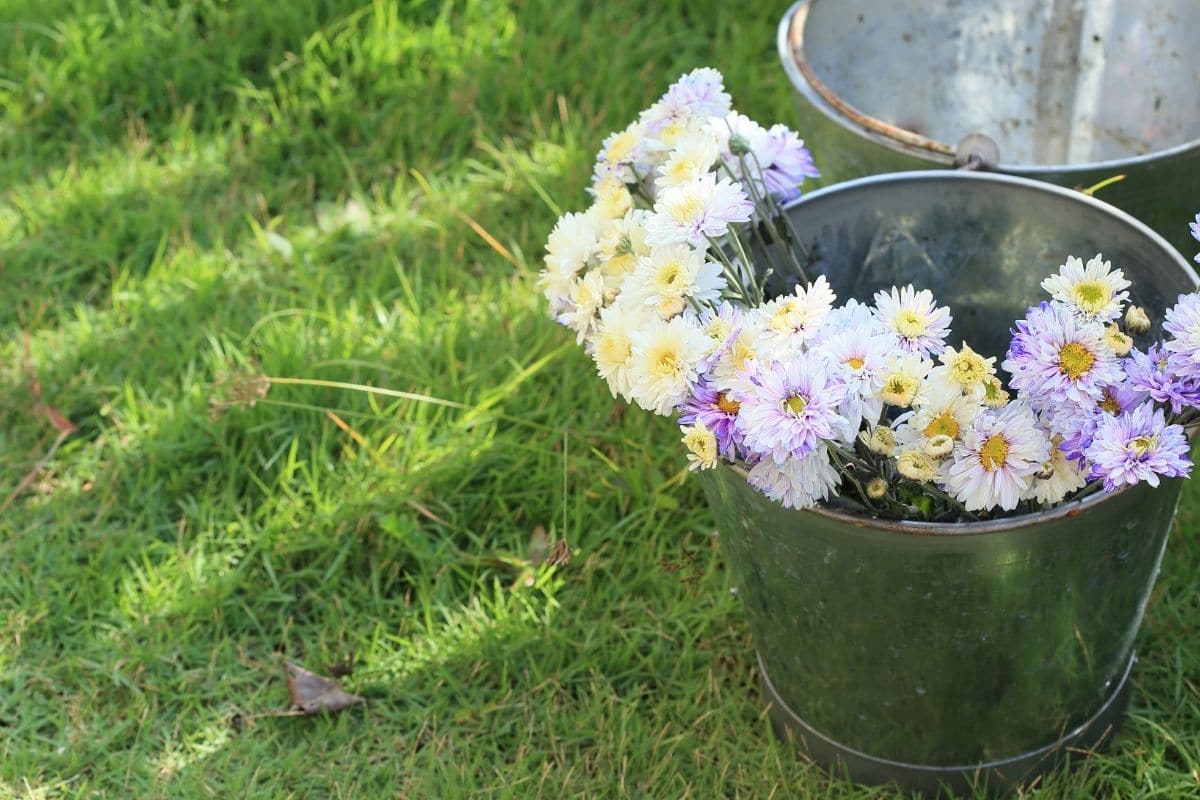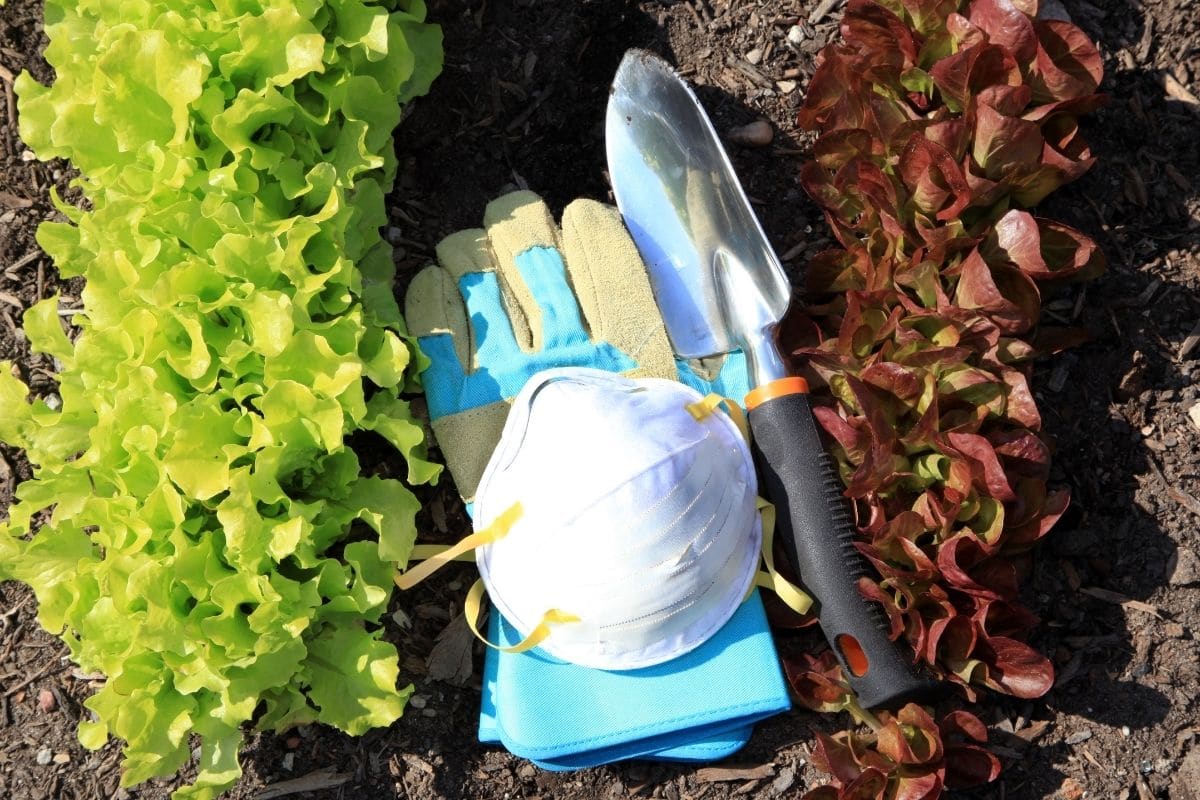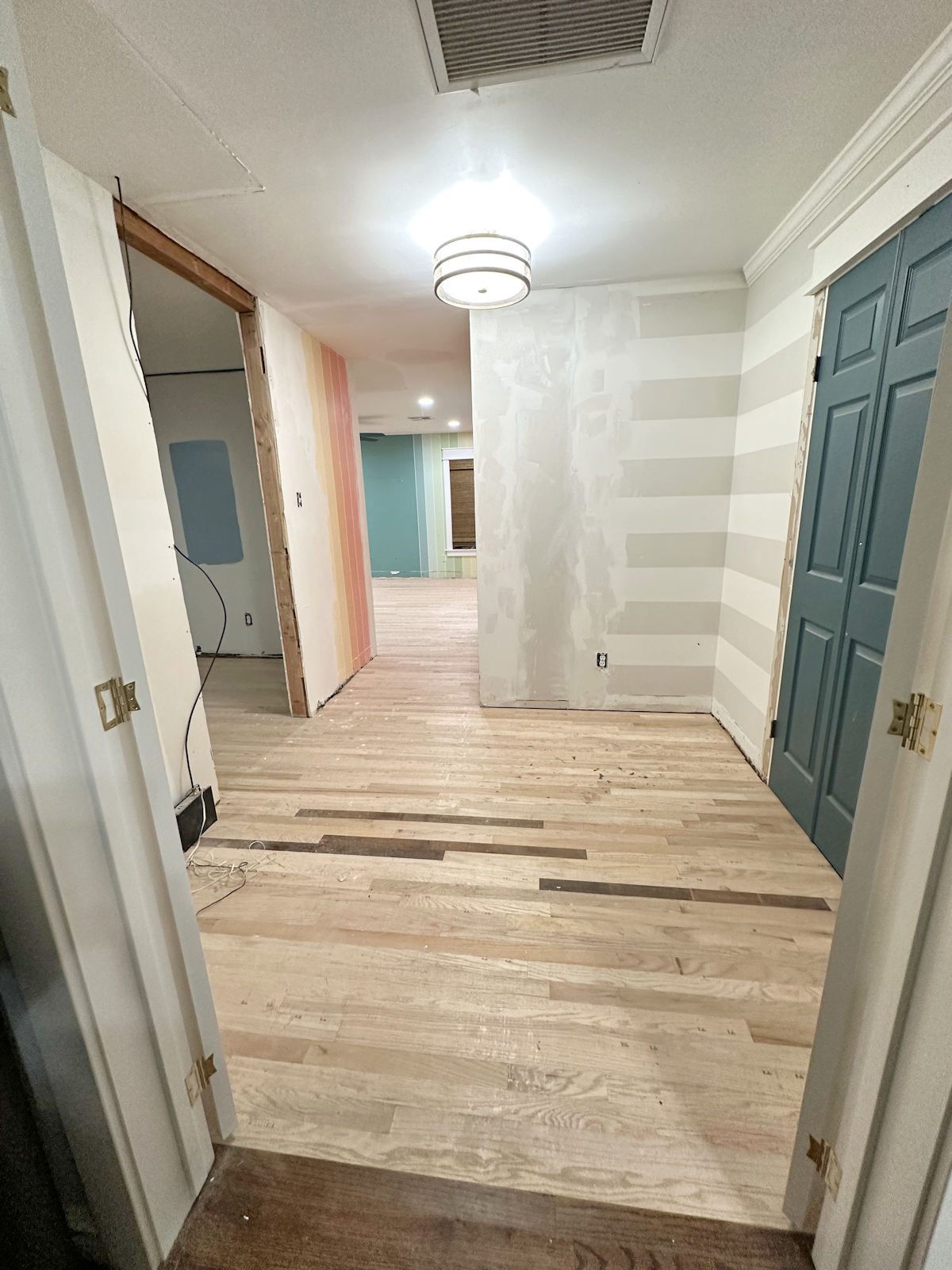A natural mineral that has been used for centuries, borax is a common home cleaner that’s used as a laundry booster and in many other kinds of cleaning solutions.
However, did you know that there are plenty of borax uses in the garden, too?
Here are some of the best options for using borax in and around your plants – and some tips on how to do it wisely.
Borax Uses in the Garden
Nearly every home has a box of borax tucked away in a cabinet or under a counter. It’s so versatile and handy that it’s rare to not find it available already. Using it in your garden just makes sense, but perhaps you don’t know all of its uses in your own garden. Below you will find out the top ways we use borax to help improve our garden harvest.
Look for more handy items to keep around for your garden? Check out how to use wood ash in your garden, Epsom salts in your garden, white vinegar in your garden, and even eggshells in your garden!
1. Ant Killer
One of the borax’s most popular uses in the garden is as an ant killer. Ants are seriously problematic, particularly when you’re trying to grow large quantities of vegetables and fruits. There are all kinds of commercial products you can use, but borax is often more readily available.
If you use borax to kill ants, don’t leave it out where children or pets can ingest it, as even a small amount can be detrimental.
If you want to kill ants with borax, sprinkle a small amount on the anthill. You can also mix it together with maple syrup, sugar, or honey (along with a little water). This will create a paste that entices ants to visit. Put a dollop on a flat surface near the edge of the anthill. The ants will go nuts!
If it’s not ants that are causing your problems but instead some other type of pest, like roaches, know that borax can work to get rid of them, too. And if borax just isn’t an option, you can always reach for something like the Hi-Yield Ant Killer.
2. Fertilizer
Borax can also be used as a fertilizer. One of the most common micronutrient deficiencies in plants is boron, with the most common in zinc. A deficiency in boron can cause the roots of your plants to be stunted, along with other problems like empty pollen grains, poor pollen production, and fewer flowers.
Other problems might arise, too, like darkened fruit, dying leaf tips, darkened leaves, dead roots, black spots, cracked stems, and a general failure to thrive.
If you notice any of these issues, you may want to get your soil tested – it could be a boron deficiency. More often than not, soils that are sandy, poor in organic matter, or overly acidic have too little boron.
Not only that, but there are some plants that need more boron than others, like strawberries, celery, cabbage, and apples.
If you find that you need more boron, using borax is a great way to add some in. just mix a little bit into the soil – but only use the amount recommended by the results of your soil. In excess, boron can kill your plants. You may also be interested in these DIY organic fertilizers or Dr. Earth Organic and Natural All-Purpose Fertilizer for your garden.
3. As a Weed Killer
…which leads to our next pointer, which is that borax can be used to kill weeds, too! If you have too much of a good thing (ie, too much vegetation in the form of weeds) you can banish them with borax. To get rid of them, combine 10 ounces of borax with about two and a half gallons of water. Using a pump sprayer, apply the mixture to the stems and leaves of the unwanted weeds growing in your garden.
Only spray the plants that you actually want to get rid of, and avoid using too much – it can leach into the soil. Try to avoid contacting your bare skin with this solution, too, as it can cause serious irritation.
Trying to get rid of weeds in your driveway or sidewalk areas? You can use borax here, too. Not only will spraying borax at the base help kill the weeds, but it may prevent them from coming back, too.
Just avoid using this mixture when you expect rain, as the runoff can damage your plants. Here are some more great ways to have a weed-free garden.
4. Clean Garden Tools
You can even use borax to disinfect and clean your garden tools. Disinfecting things like your hoes, spades, and gardening pots is essential, particularly at the end of the growing season or when you are working with diseased or pest-infested plants.
Borax is the perfect solution. All you need to do is combine ½ cup of borax with a gallon of warm water. Scrub and thoroughly soak your pots and tools before rinsing them completely and leaving them in the sun to dry out.
If you find that your tools and equipment are covered in rust, it’s borax to the rescue here, too. Simply mix a little bit of lemon juice with borax until it forms a paste. Apply it to the rusty areas on your tools and let it sit for half an hour before you clean with a scrub brush. You may need to repeat a few times if your tools are particularly worn and rusty.
To give your mixture an extra boost, consider combining half a cup of Borax with a gallon of hot water and some lemon juice (about a quarter of a cup of lemon juice and one cup of borax).
5. As a Foliar Spray
You can also use borax as a foliar spray. If your plants are seriously deficient in boron, making a diluted borax solution can help.
You won’t drench your leaves with the solution – you will merely spray it sparingly on the leaves of your plants. You don’t need much and you shouldn’t apply this treatment often – just once every three years or so is fine.
I like to also keep Bonide All Seasons Horticultural Spray on hand just in case it is needed. You never know what your plants may need any given year.
6. Help Roses Resist Pests
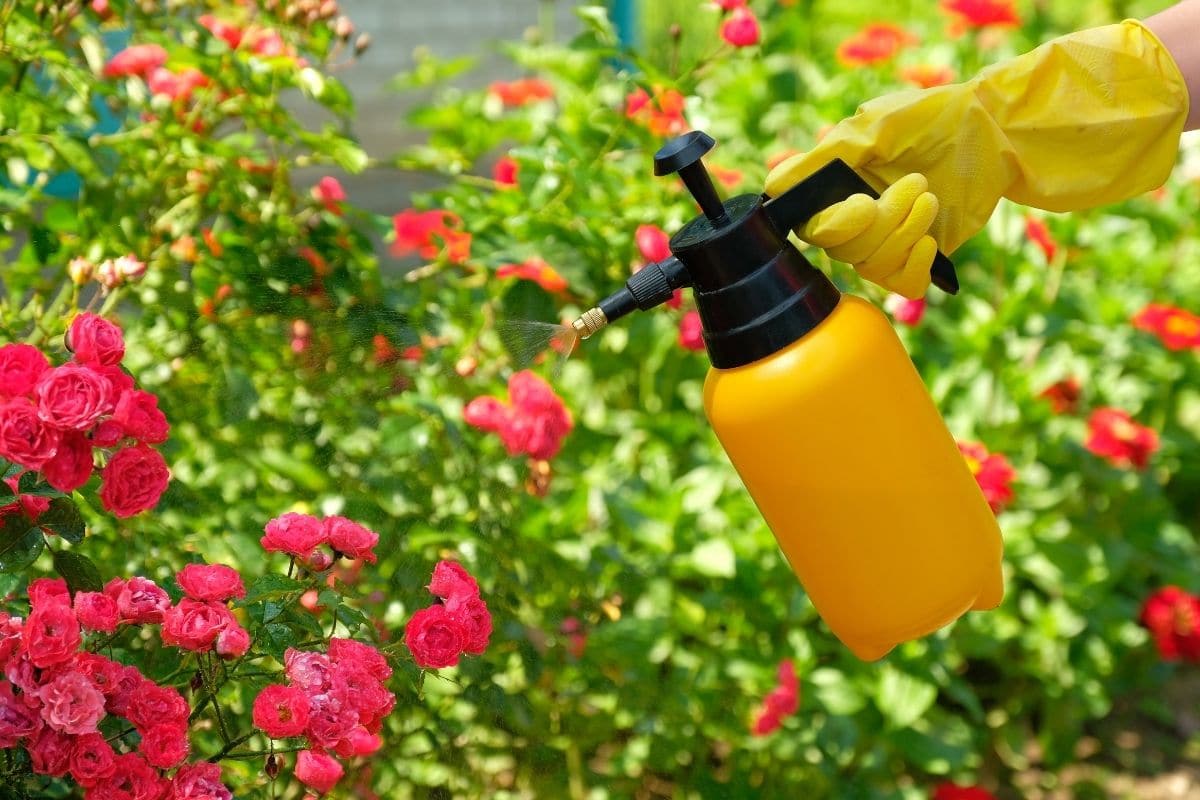
There’s no shortage of pests that like to hang out on roses. The greenfly is one of the most frustrating. You can easily kill these pests by dissolving 25 grams of borax in some warm water. Once it has dissolved, add it to cold water to make 600 ml of solution. Then, you can apply the solution to your roses.
Need more ideas for things to use in your garden? Check out these tips for using coffee grounds in your garden and even using baking soda in your garden.
7. Deodorize the Garden Area
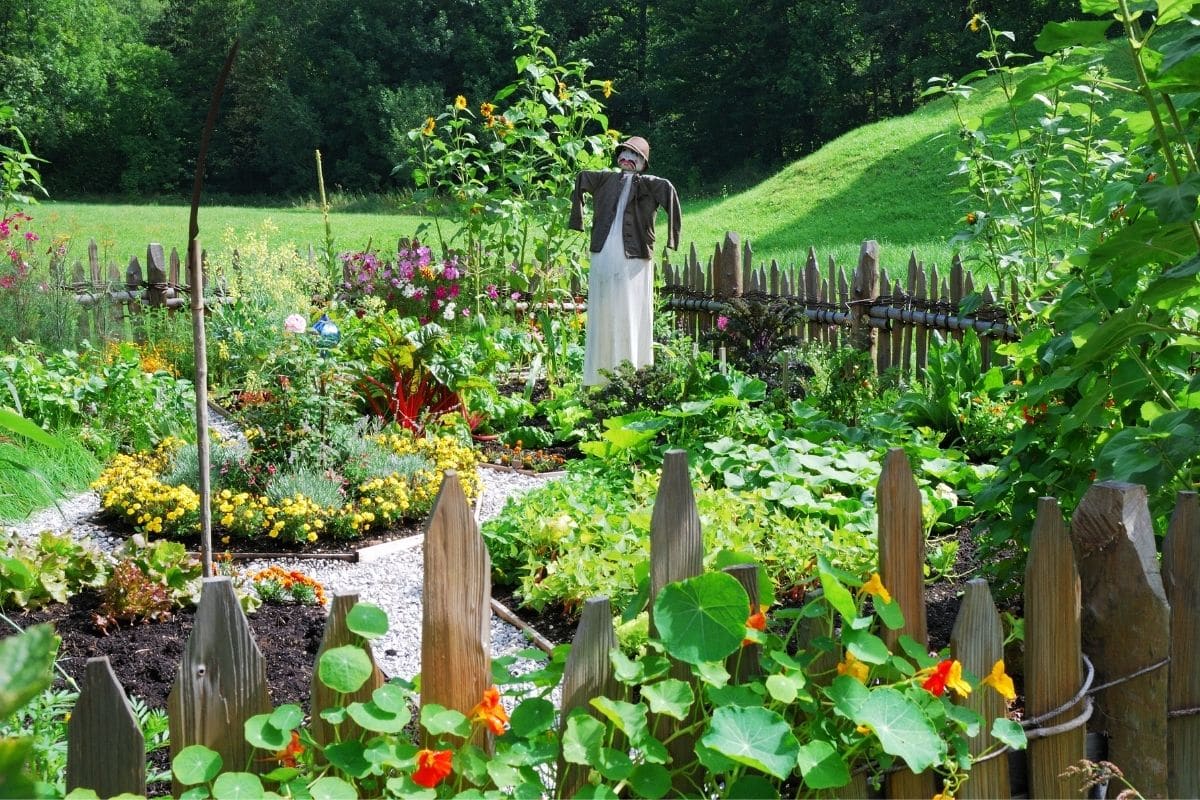
From fertilizers to pesticides, mulch to manure, it’s easy for things to get a little….well, stinky!….around the garden. Sprinkle a bit of borax around the perimeter to banish odors for good. Again, make sure it’s applied in a spot where kids and pets can’t get to it.
8. Boost Sandy Soil
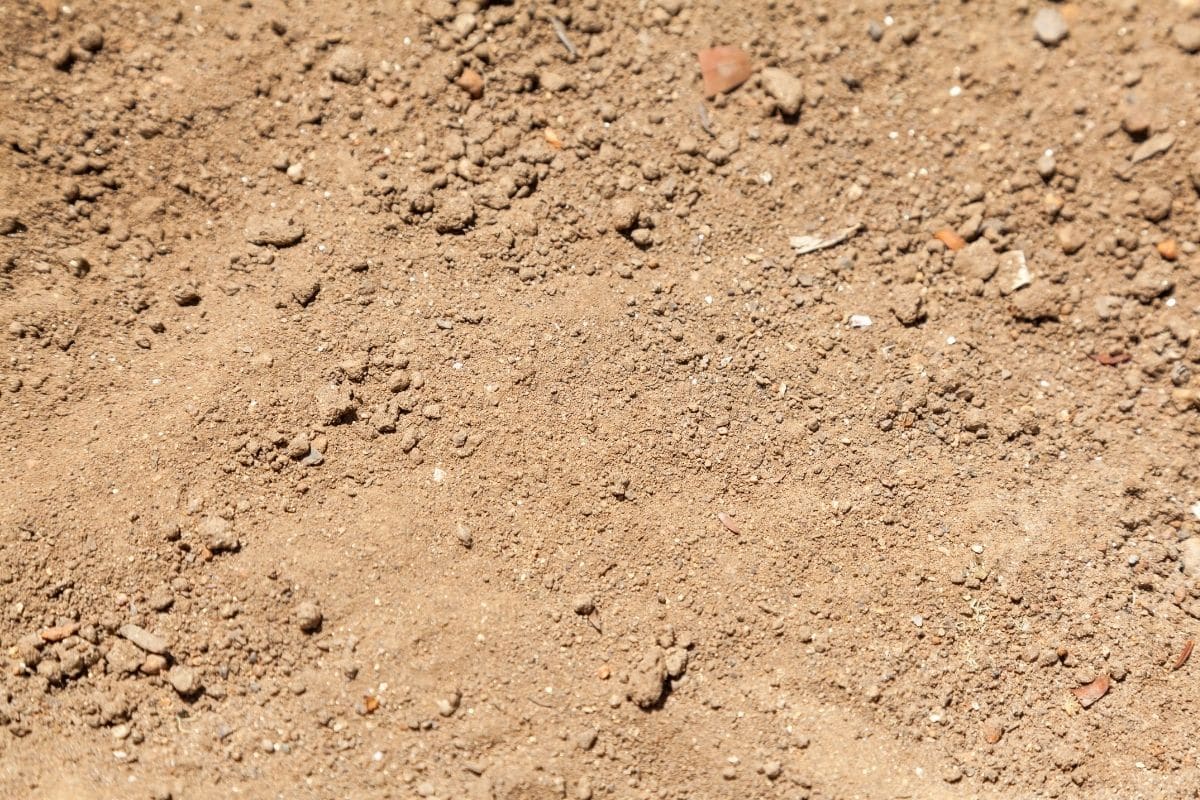
If you have naturally sandy soil, you may find that it quickly leaches nutrients. Apply six to seven tablespoons of Borax to help the soil retain boron. Here are some more great ideas for amending garden soil that can be great for your garden.
9. Banish Mice for Good
Borax can also prevent mice, as they don’t like getting this chemical on their feet. If you have a problem with mice getting into your fruits and vegetables, this is the perfect solution.
10. Preserve Cut Flowers
Do you love cutting flowers from your garden but hate when they start to wilt? If so, it’s borax to the rescue once more! It will prevent the premature wilting of your leaves and flowers as it will remove excess moisture.
Simply add one part of borax to two parts cornmeal to a vase or container, then add your cut flowers.
Tips When Using Borax In Your Garden
There’s one major caveat to using borax in the garden. Many people assume that borax since it’s a natural product is totally safe (and safer than commercial products). However, it can still be toxic in large amounts so it’s important that you treat it with care and wear both a dust mask and gloves whenever you are handling it.
If you have children or animals, this is doubly true. Just a small amount of borax can be dangerous if you aren’t careful.
Don’t make the mistake of confusing borax with boric acid, either. Boric acid is not only harmful to humans but it won’t help your garden any, either.
Remember, always test your soil even before adding a small amount of borax. There is a fine line between toxicity and deficiency, so you’ll want to make sure your soil and plants actually need it.
Otherwise, consider these borax use in the garden – and quite spending all of your money on costly garden amendments! These solutions will help you make quick work of all of your gardening chores.

